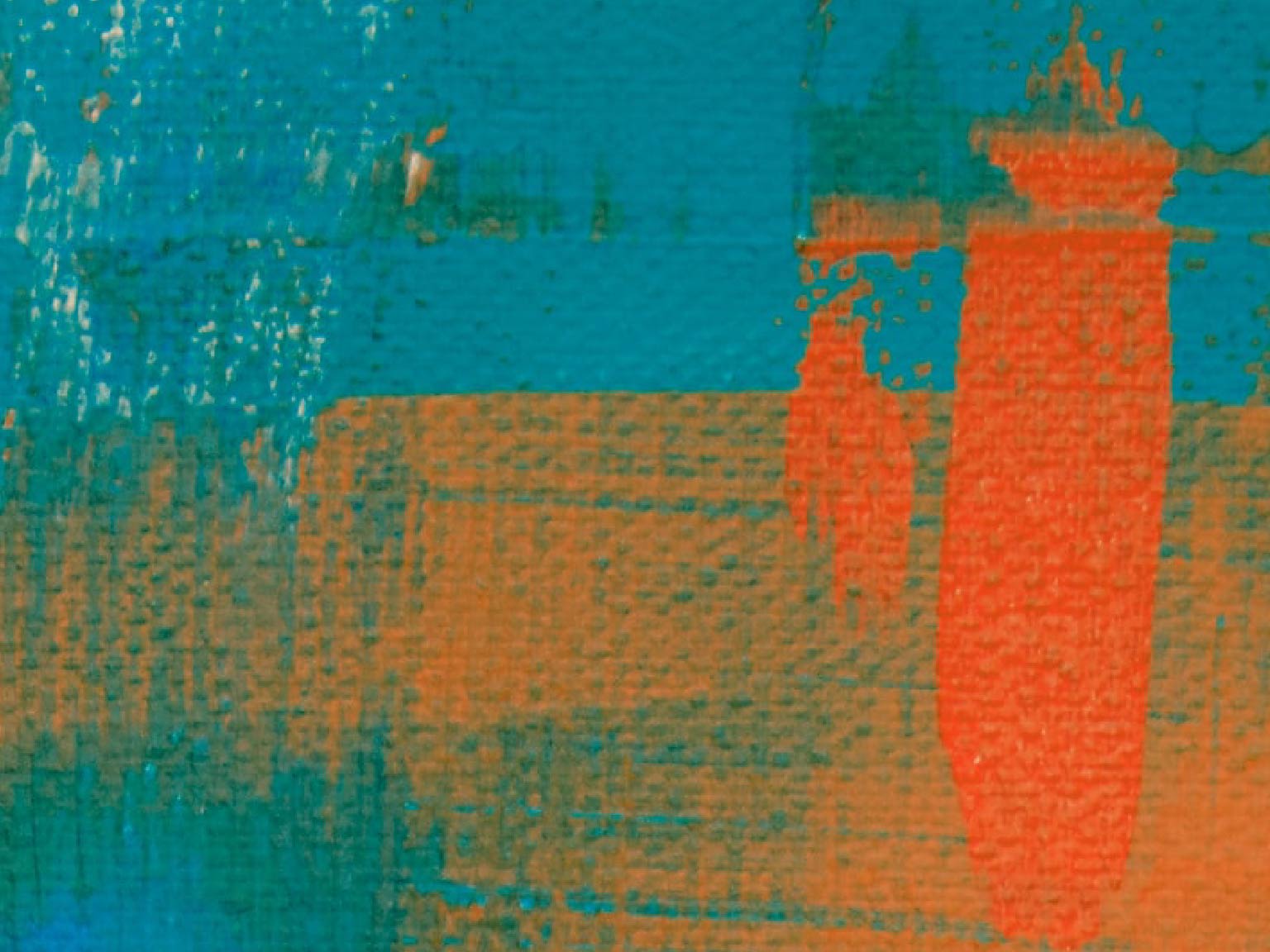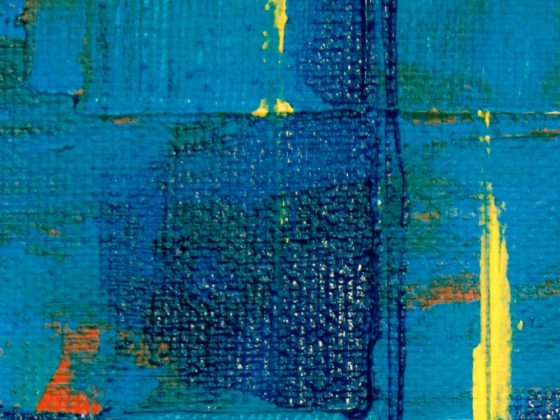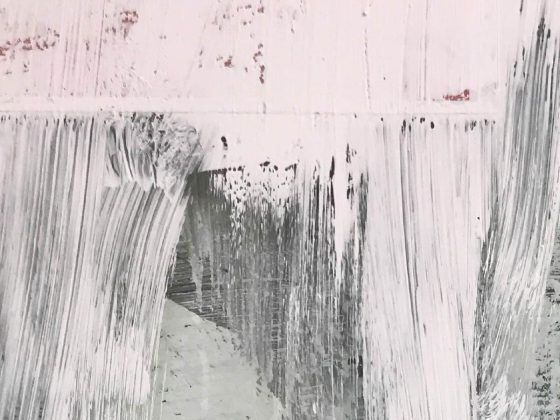Teología y cultura, año 18, vol. 23, número 1 (mayo 2021), pp. 34-55 ISSN 1668-6233
El presente trabajo constituye una aproximación a la recomposición de lo religioso en el proceso de consolidación del Estado Nacional que signó los debates parlamentarios sobre las leyes laicas. Estos permiten analizar la construcción de la laicidad entre tres actores clave del campo de la lucha contra hegemónica: el Estado, la Iglesia Católica Romana y el Protestantismo, en el momento de la primera «embestida laicista”, (1880-1888). Fue allí, cuando se discutían y promulgaban las leyes de educación, registro civil y el debate del matrimonio civil, cuando el protestantismo, si bien insignificante en términos numéricos, tuvo una relevancia simbólica considerable ya que era reivindicado por el liberalismo como una fuerza moral civilizadora, valorada no tanto por sus contenidos religiosos específicos sino por su contenido cultural que a su vez favorecía el progreso económico.
Palabras clave: Protestantismo. Leyes laicas. Secularización.
Abstract: The present paper establishes an approximation to the decomposition of the religious aspect in the consolidation process of the National Government that signaled the parliamentary debates about secular laws. These debates allow us to analyze the construction of laicism amongst three key actors involved in the counter hegemonic fight: the State, the Roman Catholic Church and Protestantism. This occurred when the first “lay attack” took place (1880-1888). It was then; when educational laws, civil registration, and the debates about civil marriage were discussed and promulgated. At this moment Protestantism, even though insignificant as regards numerical terms, had a considerable symbolic relevancy, since it was claimed by liberalism as a moral civilizing force, not solely appreciated in terms of its specific religious contents, but mostly for its cultural contents. This, in turn, contributed to the Nation’s economic progress.











